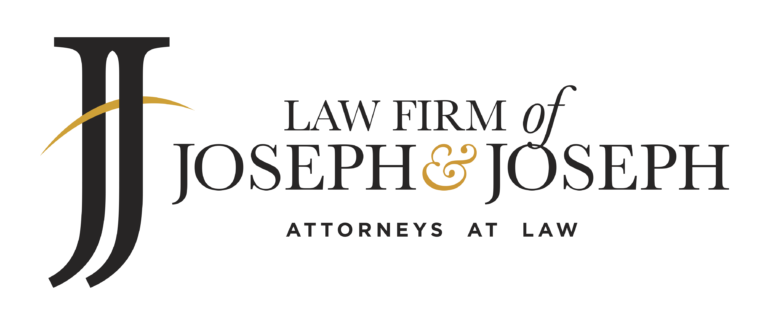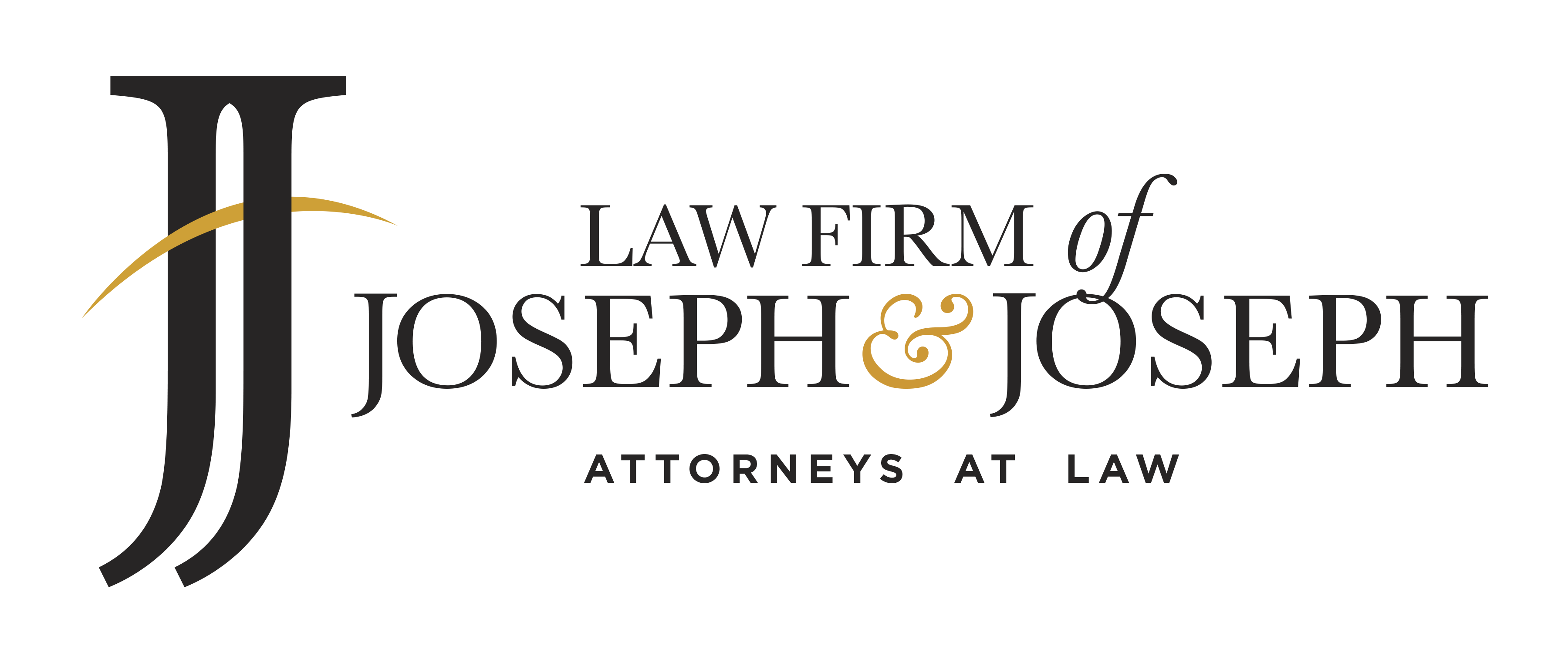By
Sir Lawrence A. Joseph
On Friday 4th December 2015, six Constitution Amendment Bills had their First Reading in the House of Representatives. The process of constitution review therefore has taken another giant step since its launch on 16th January 2014. A most significant question to be asked however pertains to whether or not those Bills are capable of improving the effectiveness and efficiency of our constitutional provisions. “Effective’ here refers to the question as to whether or not the proposed Bills are capable of enabling the constitution to meet its intended objectives and “efficient” refers to the question as to whether or not those intended objectives would be achieved smoothly and with minimum effort.
In making an assessment as to the effectiveness and efficiency of Grenada’s Constitution, there are certain fundamental questions that need to be asked: Firstly, are there sufficient and appropriate constitutional provisions to protect the fundamental rights and freedoms of individuals? Secondly, are there sufficient and appropriate provisions to ensure that the system of governance is not abused? Thirdly, does the electorate have a free, fair and transparent opportunity to vote for the government of its choice?
Fourthly, are there sufficient and appropriate provisions vis a vis separation of powers, the rule of law and the independence of the judiciary? And fifthly, does the name of the state together with the structure of government meet nationalistic objectives?
In making a determination as to whether or not the six Constitution Amendment Bills are capable of improving the effectiveness and efficiency of Grenada’s Constitution it is most important to examine the provisions of those Bills. The Rights and Freedoms Bill addresses the first question as it adds new provisions pertaining to due process of law; the protection of intellectual property, a guarantee of free education for children up to 16 years of age, gender equality and provides directive principles regarding the governance of the state. The Term Limit for the Prime Minister, Fixed Date for Election and Ensuring a Leader of the Opposition Bill addresses the second question as it seeks to prevent an individual from becoming Prime Minister for more than three consecutive parliamentary terms; proposes to enable Parliament to enact legislation to fix the date for the holding of all general elections and makes provisions to ensure that there will always be a Leader of the Opposition in the House of Representatives even if one party wins all the seats at general elections.
The Elections and Boundaries Commission Bill addresses the third question as it proposes to establish an Elections and Boundaries Commission comprising representatives of government and the main opposition party to take over the responsibilities of the lone Supervisor of elections and the Constituency Boundaries Commission respectively. The Caribbean Court of Justice Bill in part addresses the fourth question as it proposes to enable the Caribbean Court of Justice to be the final Court of Appeal for Grenada instead of the Privy Council.
The Name of the State Bill in part addresses the fifth question as it seeks to establish the name of the state as being “Grenada, Carriacou and Petite Martinique” instead of just “Grenada” and therefore provides more inclusivity; and the Restructuring Bill provides for the renumbering and repositioning of certain sections of the existing Constitution after amendments have been made to it in accordance with the requisite procedure. However the restructured constitution has to be approved by Resolution in the two Houses of Parliament.
For the first time since Grenada’s Constitution became effective on 7th February 1974, Grenadians are provided with the best opportunity to make amendments to the Constitution. In situations like this everyone will not be totally satisfied with the process of constitution review, but from all appearances the abovementioned Bills do present a good opportunity to make improvements to our constitutional provisions.
In relation to the process of Constitution review, Grenadians may be divided into three categories: the first comprises people who are genuinely supportive of the process; the second comprises people who are opposed to the process for various reasons including their unwillingness to see the process succeed as they perceive its success as putting a feather in the cap of the ruling administration; and the third category comprises people who could not care two hoots about the process. Despite the above, Grenadians are urged to take the business of constitution review very seriously. We now have the opportunity once more to complete the process. We lost that opportunity in 1985, 2006 and 2010. An incremental improvement to the Constitution is much better than no improvement at all.



